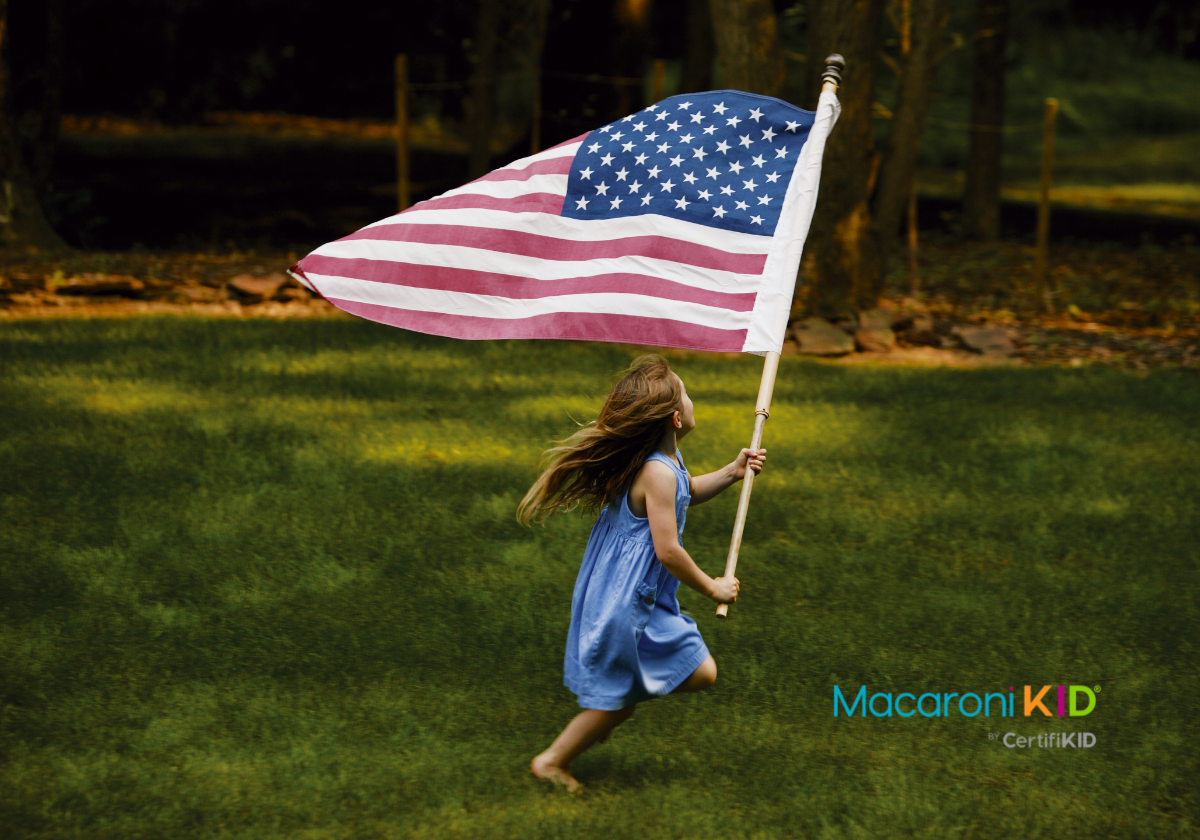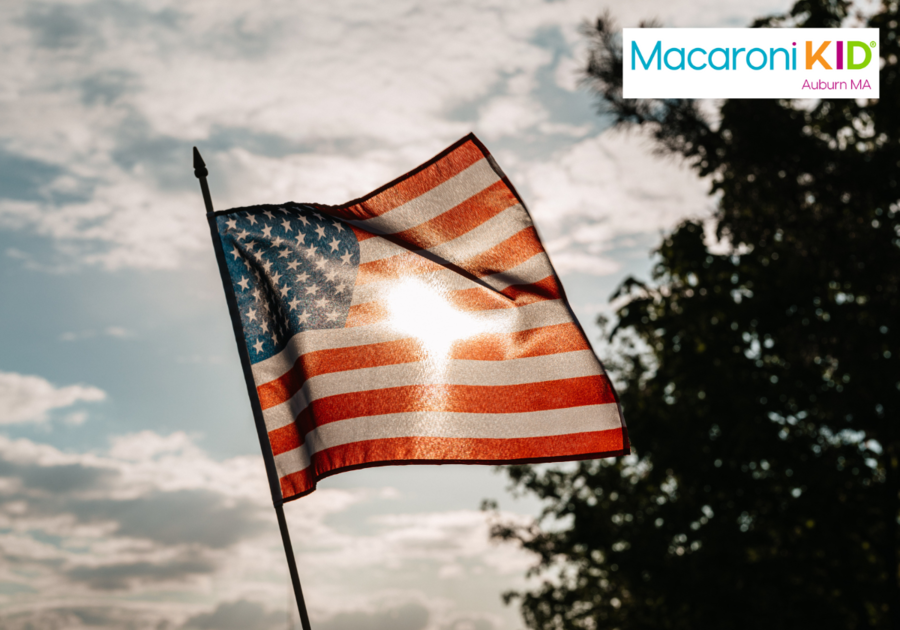Teaching the meaning of Memorial Day to your children can be tricky. It's easy to get lost in the rush of picnics, parades and fun during what many see as the unofficial start to summer. However, communities all around the United States will hold celebrations to pay respect and remembrance to those who have died serving our country. These events can be a wonderful way to teach your children about the true meaning of Memorial Day.
Central MA Memorial Day Events
SUNDAY, MAY 26:
- Charlton Memorial Day Church Service, Wreath Laying & Rifle Salute
- Memorial Day Weekend Summer Kickoff Picnic
MONDAY, MAY 27:
- Millbury Memorial Day Ceremony
- Northbridge Memorial Day Parade
- Southbridge Memorial Day Parade
- Leicester Memorial Day Parade
- Memorial Day Duck Race
- Webster Memorial Day Parade
- Sutton Memorial Day Parade
- Charlton Memorial Day Parade
 Getty Images Pro via Canva Getty Images Pro via Canva |
Did you know...
- The Grand Army of the Republic began decorating the graves of fallen service members with flowers in May 1868, which was then known as "Decoration Day."
- In 1971 Congress declared Memorial Day a national holiday, to be observed on the last Monday in May, moving it from the static date of May 30, in order to create a 3-day weekend.
- On the Thursday before Memorial Day, small American flags are placed at each of the 400,000+ gravestones at Arlington National Cemetery and other cemeteries nationwide.
- To encourage more people to observe Memorial Day, Congress passed the National Moment of Remembrance Act in 2000, which asks people to stop what they are doing at 3 p.m. local time and observe a minute of silence to honor those who lost their lives defending the country.
- On Memorial Day, the flag should first be raised to the top of the staff, then slowly lowered to half-staff, until noon when it should be raised to the top of the staff for the rest of the day.
- Red poppies are considered the Memorial Day flower. It's referenced in the poem "In Flanders Fields." and refers to the fields of poppies growing among soldiers' graves during WWI.
"We come, not to mourn our dead soldiers, but to praise them." ~Francis A. Walker



